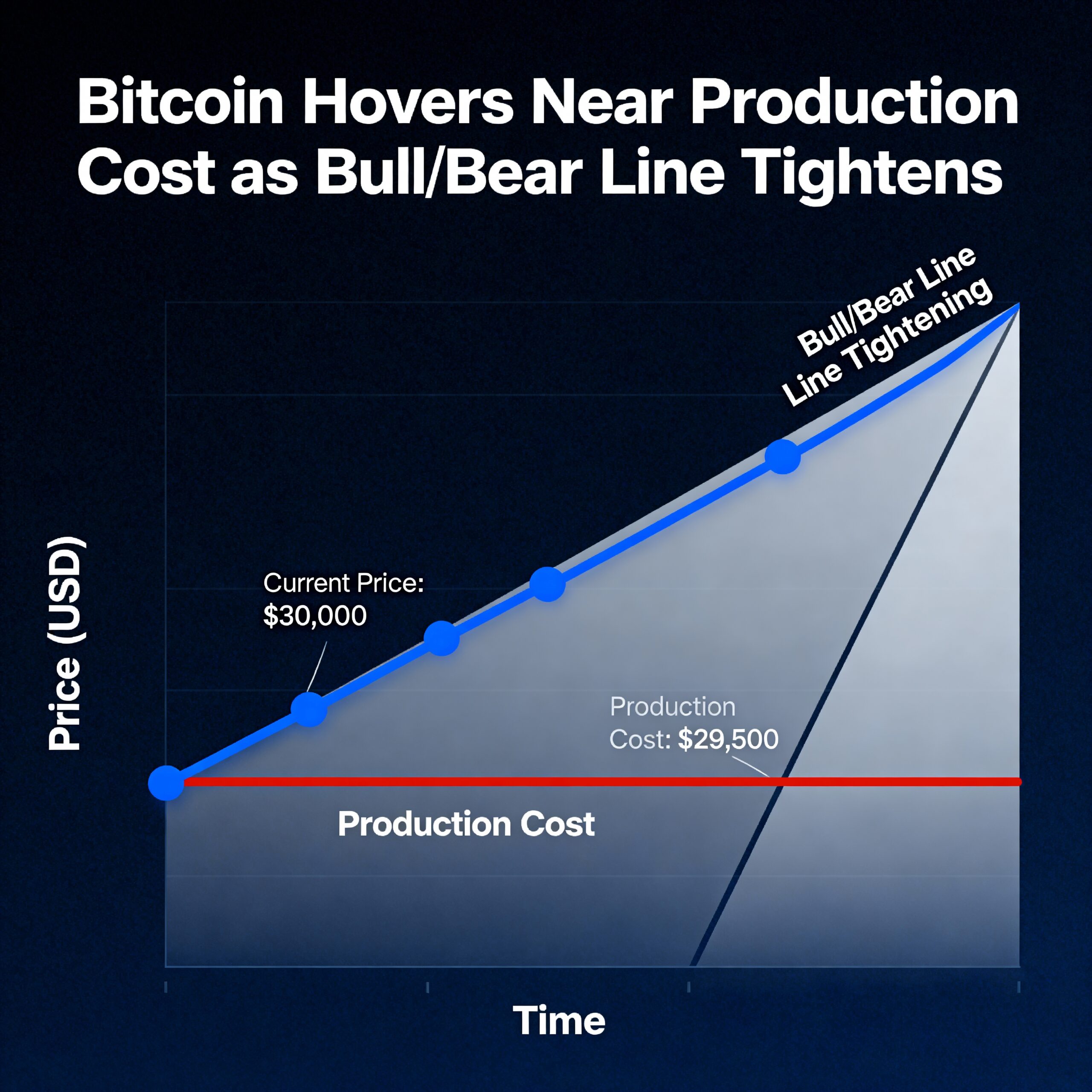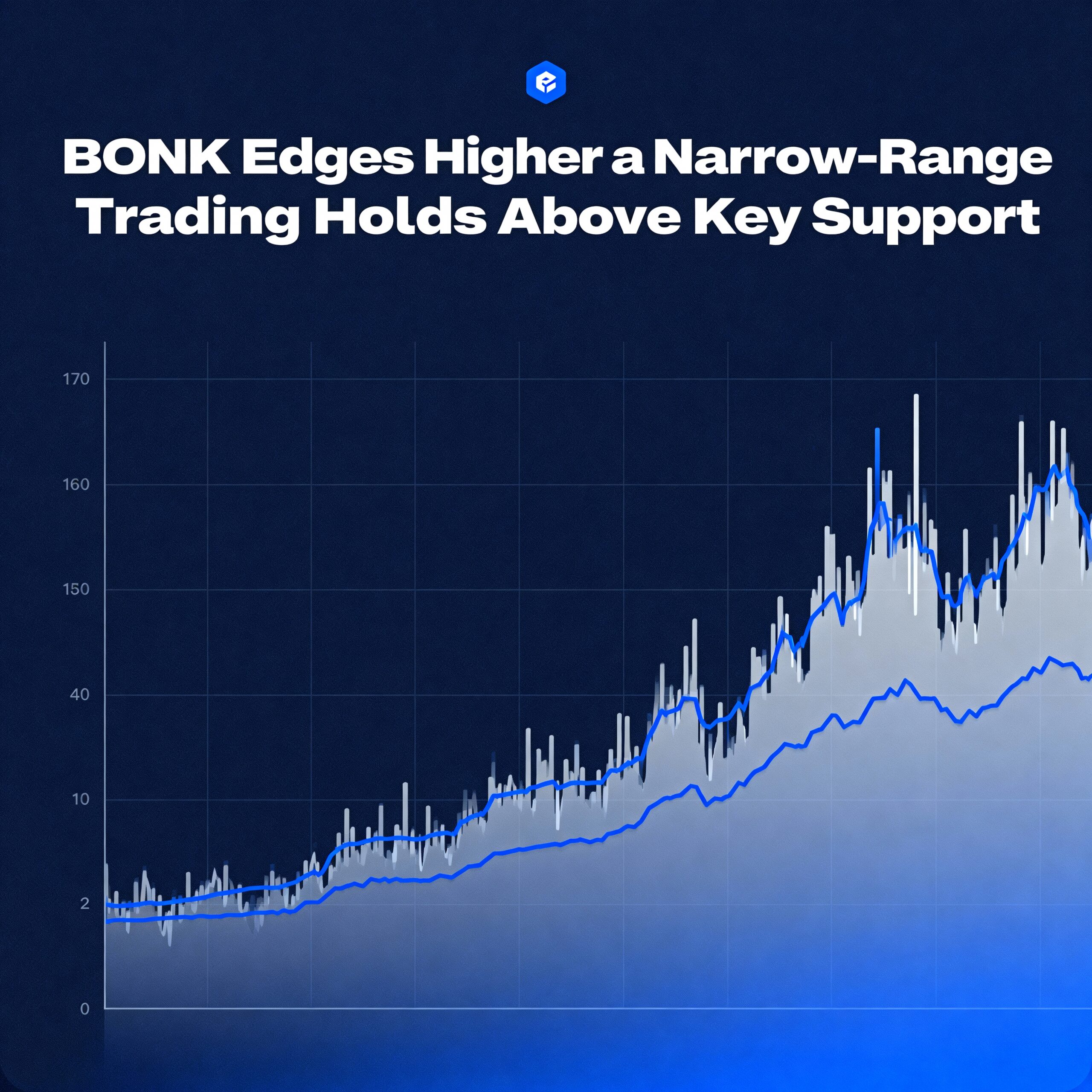
Coinbase Reports Earnings Miss, Blames Tariffs and Economic Uncertainty for Slower Market Activity
Shares of Coinbase (COIN) dropped nearly 3% in after-hours trading following the company’s announcement of weaker-than-expected first-quarter results, citing the effects of U.S. President Donald Trump’s tariff policies and broader macroeconomic volatility as key contributors to the slowdown.
The crypto exchange reported $2 billion in revenue, a decrease from $2.27 billion in Q4, and fell short of analysts’ projections, which had expected $2.1 billion. The company also posted earnings per share (EPS) of $0.24, missing the consensus estimate of $1.93, according to FactSet.
Trading volume was down 10% to $393.1 billion compared to the previous quarter, while transaction revenue dropped by 19% to $1.3 billion.
In a letter to shareholders, Coinbase attributed the downturn to the overall decline in crypto prices, which followed a period of increased volatility. The exchange pointed out that although Bitcoin reached new highs in January, prices fell off afterward, aligning with the broader market’s decline driven by the president’s tariff announcements and ongoing economic uncertainty.
Leading up to the earnings report, analysts from J.P. Morgan, Barclays, and Compass Point had all lowered their forecasts, expecting the reduction in trading activity to continue amid uncertain economic conditions in the U.S.
In contrast, rival Robinhood (HOOD), which also caters to retail investors, reported a 13% decline in transaction-based revenue earlier in April, mirroring the trend of weakened crypto trading volumes.
Despite the slowdown in trading, Coinbase’s $2.9 billion acquisition of Deribit, a leading derivatives exchange, positions the company as the new global leader in crypto options. This strategic move puts Coinbase ahead of competitors like Binance and sets the stage for significant expansion in the crypto derivatives market, which investors are eager to monitor for future growth.





















